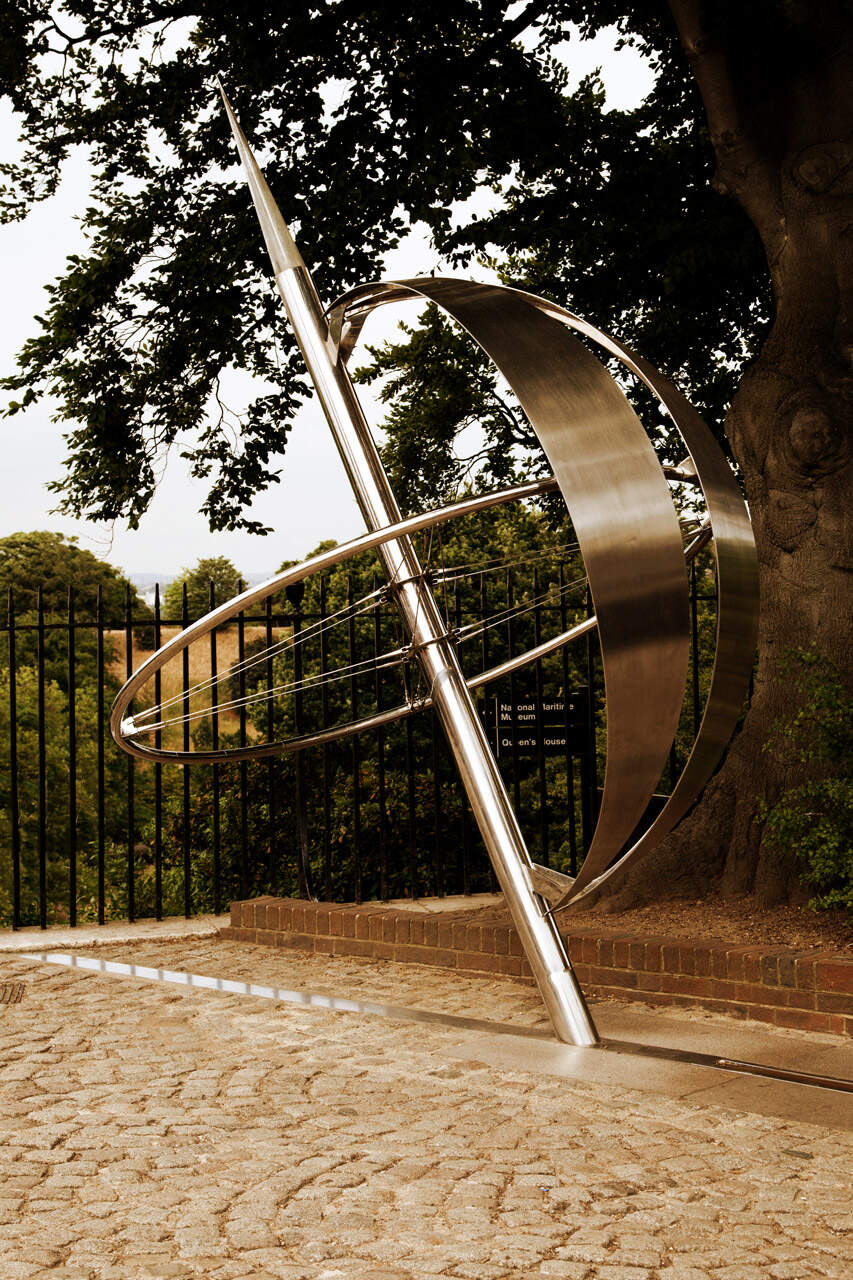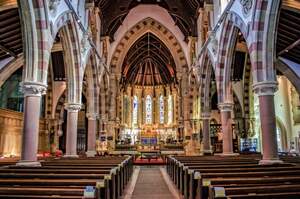

Prime Meridian Day
On today's date in 1884, representatives from 25 nations met at the International Meridian Conference in Washington, D.C., to agree upon "a meridian to be employed as a common zero of longitude and standard of time reckoning throughout the world." In other words, the conference was for agreeing upon an official line of 0° longitude, known as the Prime Meridian, and for setting up the world's time zones. Prime Meridian Day commemorates this occasion.
Before the conference, there was no standard prime meridian, and a few different locations were considered to be 0° longitude. It was decided at the conference that the Prime Meridian would run through Greenwich, England, a borough in London. Of the 25 nations present, 22 gave Greenwich an affirmative vote, Haiti voted against, and Brazil and France abstained from voting.
Initially, the Prime Meridian passed through the center of a transit instrument at the Observatory of Greenwich. This observatory later became known as the Royal Greenwich Observatory. Following World War II, the observatory was moved to Hailsham in East Sussex, although the Prime Meridian still crossed at Greenwich. Eventually, the Hailsham site became the Observatory Science Center, and after some movement, the Royal Observatory once again returned to Greenwich.
The treaty adopted at the conference also set the International Date Line at 180° longitude in the Pacific Ocean. There are 24 meridians in total, one every 15°, and there is an hour time difference between each one. Each meridian is one hour earlier than the one to the east of it. However, not all countries adhere to the hour change every 15°. For example, five meridians cross China's terrain, but the whole country is on one time zone.
How to Observe Prime Meridian Day
Here are a few ideas on how to celebrate the day:
- Visit the Royal Observatory in Greenwich.
- Visit the Observatory Science Center in Hailsham.
- Find the latitude and longitude of your location.
- Explore the world's time zones.





















